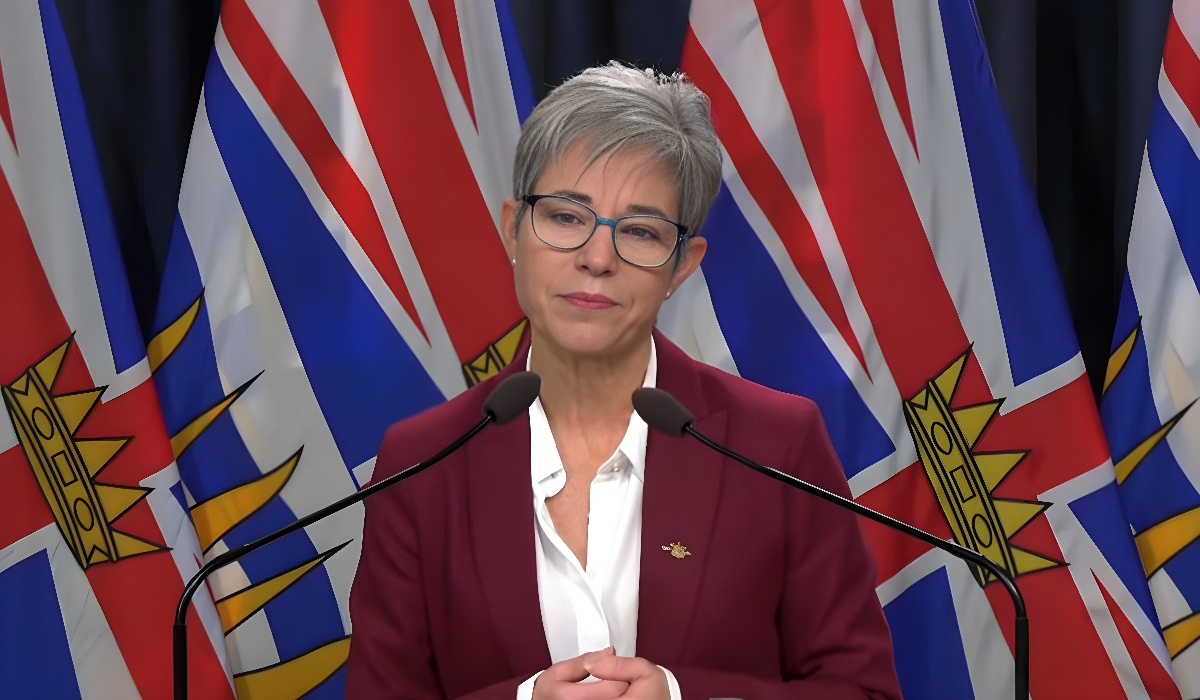When Words Wound: Demanding Accountability from Elected Officials in an Age of Harmful Rhetoric
The recent incident involving British Columbia’s Post-Secondary Education Minister, Selina Robinson, and her flippant remarks about Gaza, resonated deeply not just as an isolated misstep, but as a symptom of a larger issue: the erosion of public trust in our elected officials and the increasing acceptance of hurtful language in political discourse. While Minister Robinson’s apology acknowledged the pain caused, it ignited crucial questions about accountability, power dynamics, and the historical context that informs our expectations of those we elect to represent us.
Throughout history, elected officials have been entrusted with a unique responsibility: to embody the values and aspirations of their constituents. From the halls of ancient Athenian democracy to modern parliamentary systems, the spoken word of a leader has held immense power, shaping public opinion, driving policy decisions, and influencing the lives of millions. It is precisely this weight of responsibility that forms the bedrock of the higher standard to which we hold our elected officials.
In this particular instance, Minister Robinson’s comments referred to pre-1948 Palestine and Gaza as “a crappy piece of land,” diminishing its historical significance and causing offense to many. Despite apologizing and acknowledging the hurt caused, Premier David Eby condemned the statement, stating: ““She made remarks that were wrong, that were hurtful for a community, that increased divisions among people in our province at a time when every member of my government is expected to bring people together. She understands that. She has committed to go and do her best to repair the harm that she has caused with those, comments.”
Minister Robinson’s incident, while seemingly isolated, reflects a broader phenomenon: the ease with which powerful individuals, particularly those occupying positions of privilege, can resort to insensitive language with seemingly minimal consequences. This lack of accountability often stems from a deeply ingrained power dynamic, where those in authority are perceived as less susceptible to the same standards of conduct as ordinary citizens.
However, the cost of such insensitivity is far-reaching. When elected officials use harmful language, they risk alienating marginalized communities, perpetuating harmful stereotypes, and eroding public trust in the very institutions they represent. In the context of sensitive issues like the Israeli-Palestinian conflict, where historical wounds run deep and emotions are charged, careless remarks can reignite tensions and exacerbate existing divisions.
While public apologies are crucial in acknowledging harm caused, they alone are not enough. True accountability requires introspection, a genuine understanding of the impact of one’s words, and a commitment to do better. Minister Robinson’s case, coupled with similar incidents like the removal of MPP Jama for aligning her comments with UN findings, highlights the need for a nuanced approach to accountability. We must move beyond selective outrage and demand a consistent standard of respectful and responsible communication from all elected officials, regardless of their political leanings.
The onus does not solely lie on elected officials. As citizens, we must hold ourselves and each other accountable for fostering a political discourse that prioritizes respect, empathy, and constructive dialogue. This requires engaging in critical thinking, challenging harmful narratives, and demanding genuine engagement from our representatives. By collectively advocating for a culture of civility and holding our elected officials to a higher standard, we can work towards rebuilding trust and ensuring that the words spoken in positions of power serve to unite, not divide, our communities.









